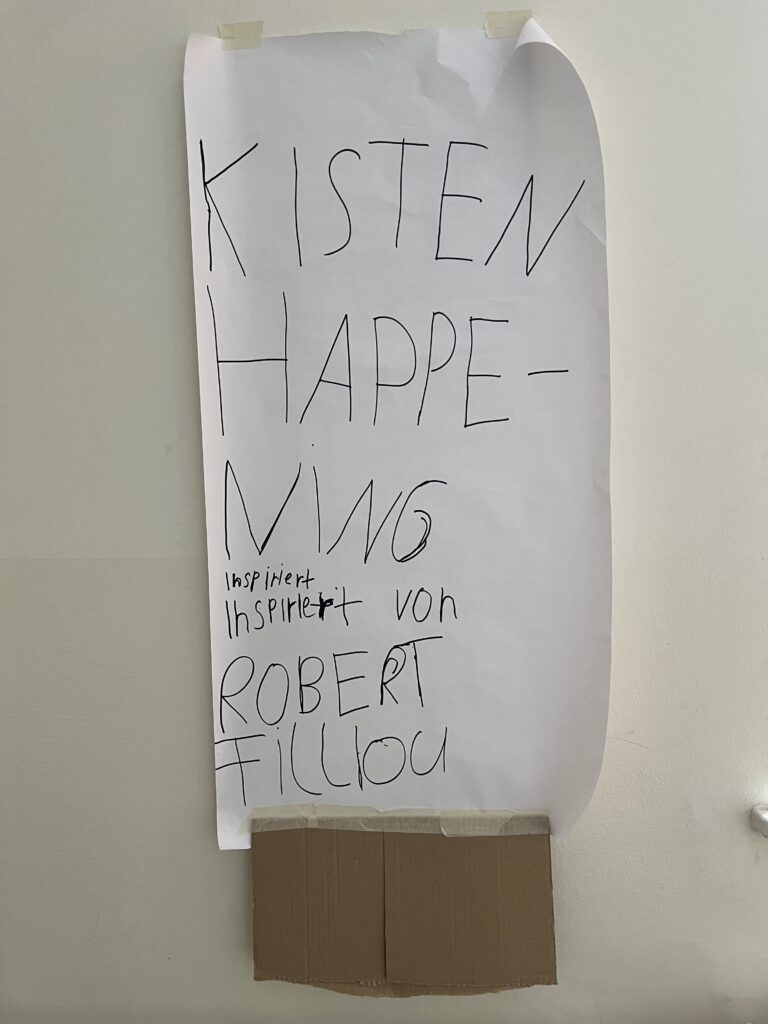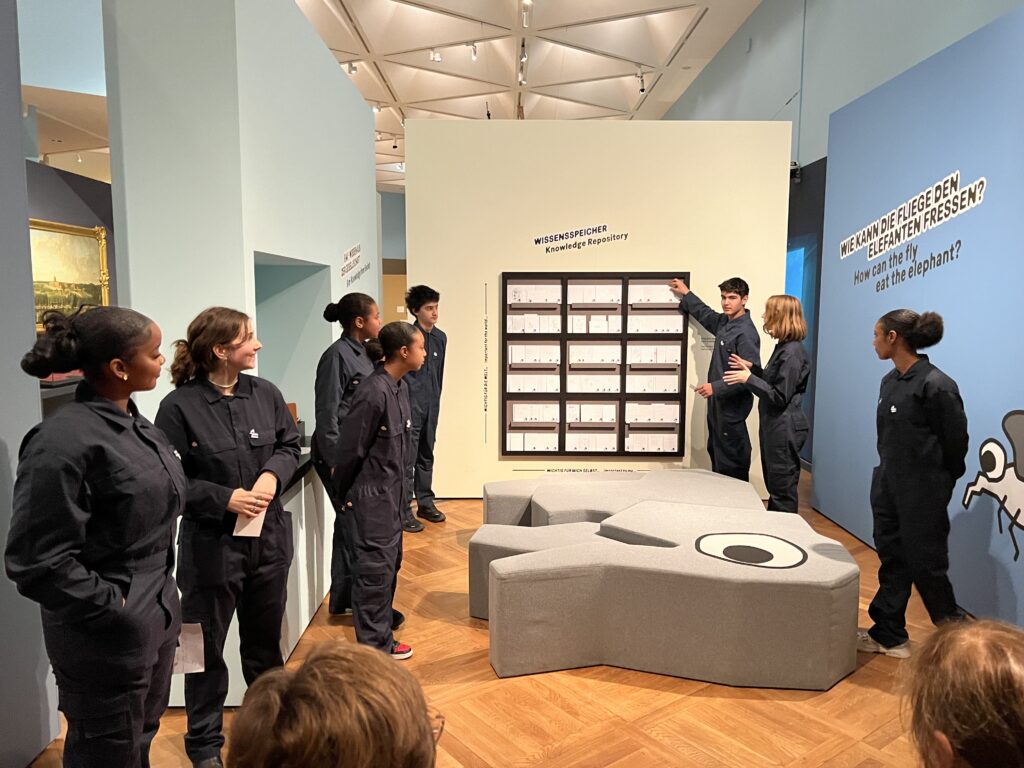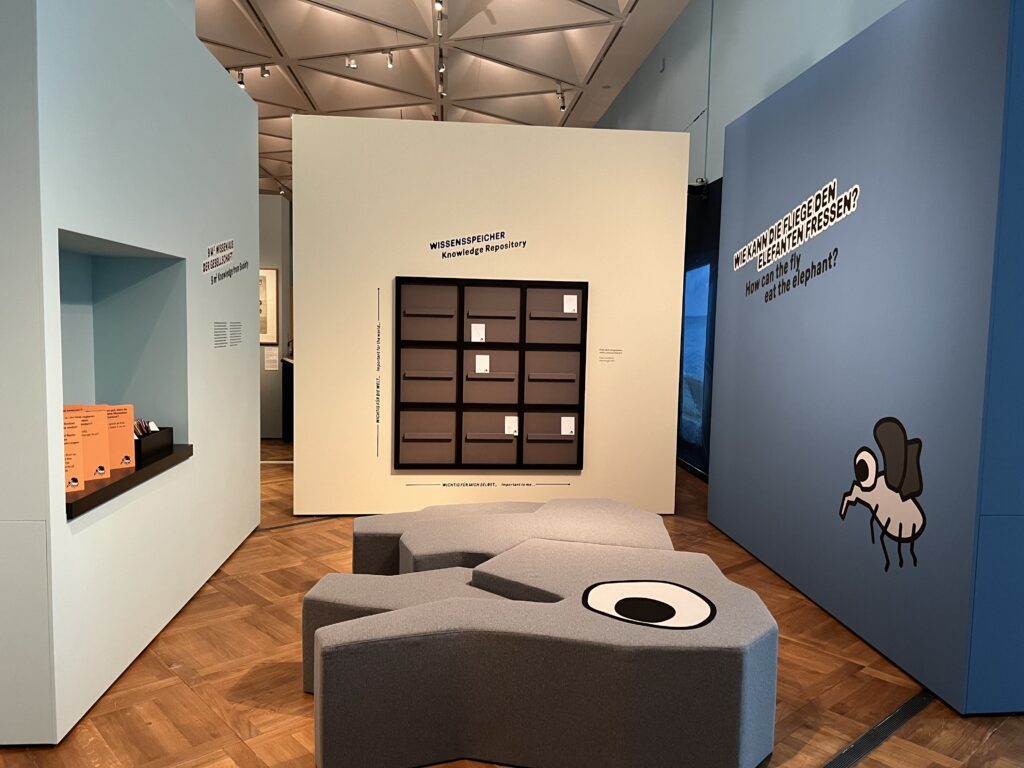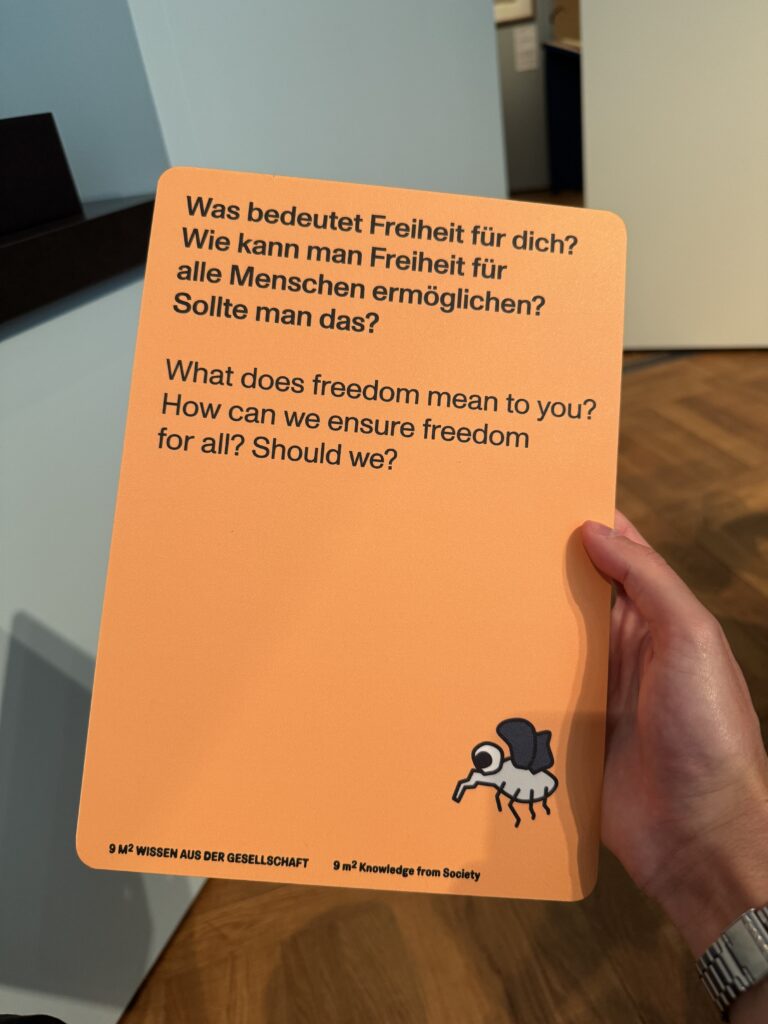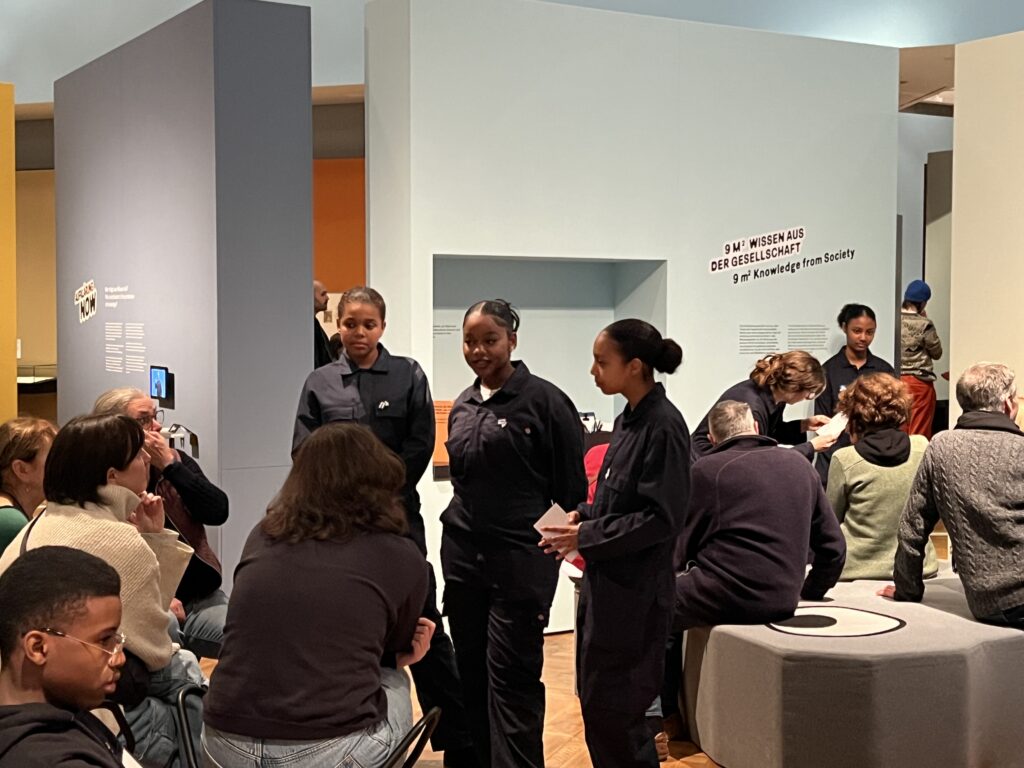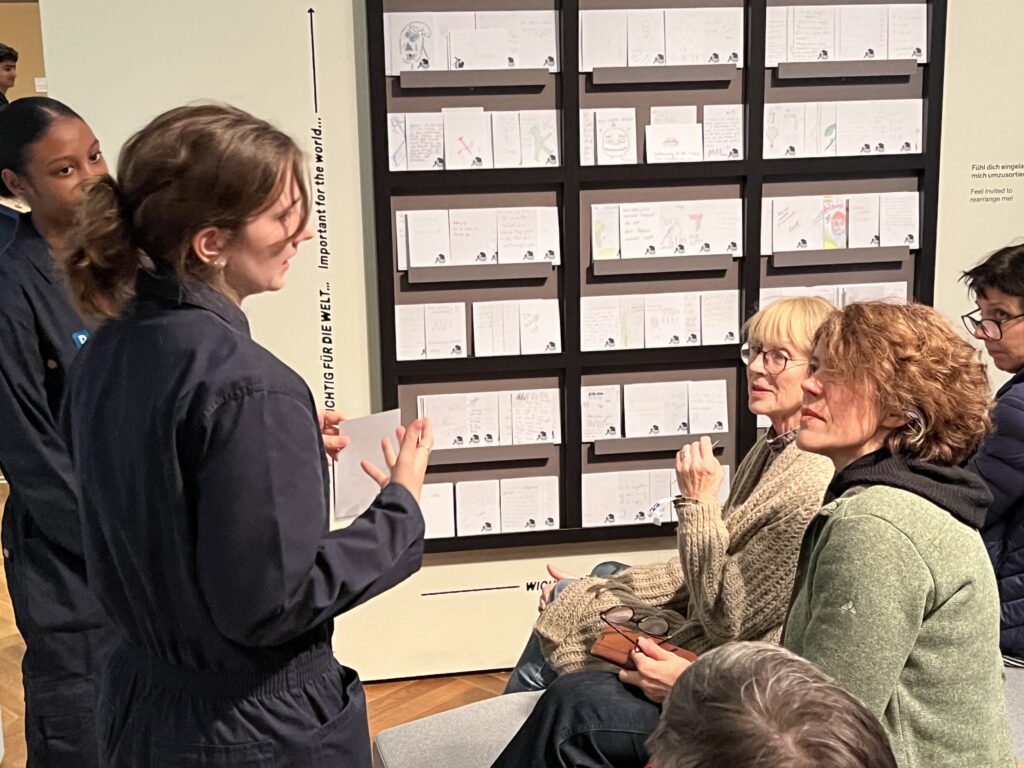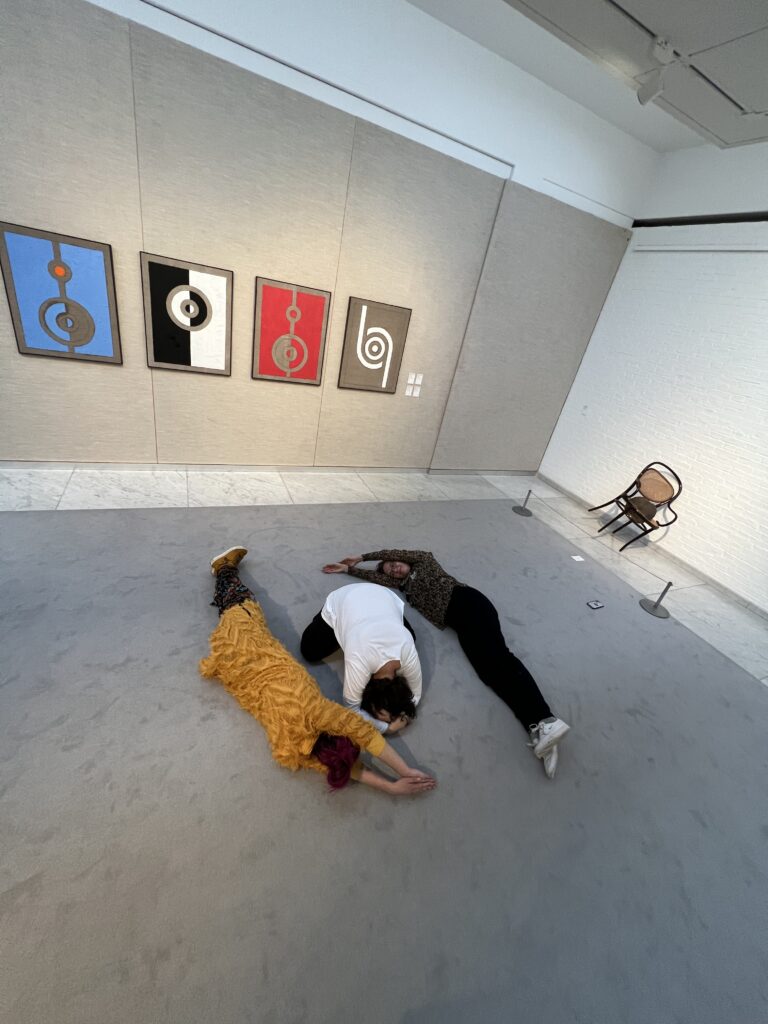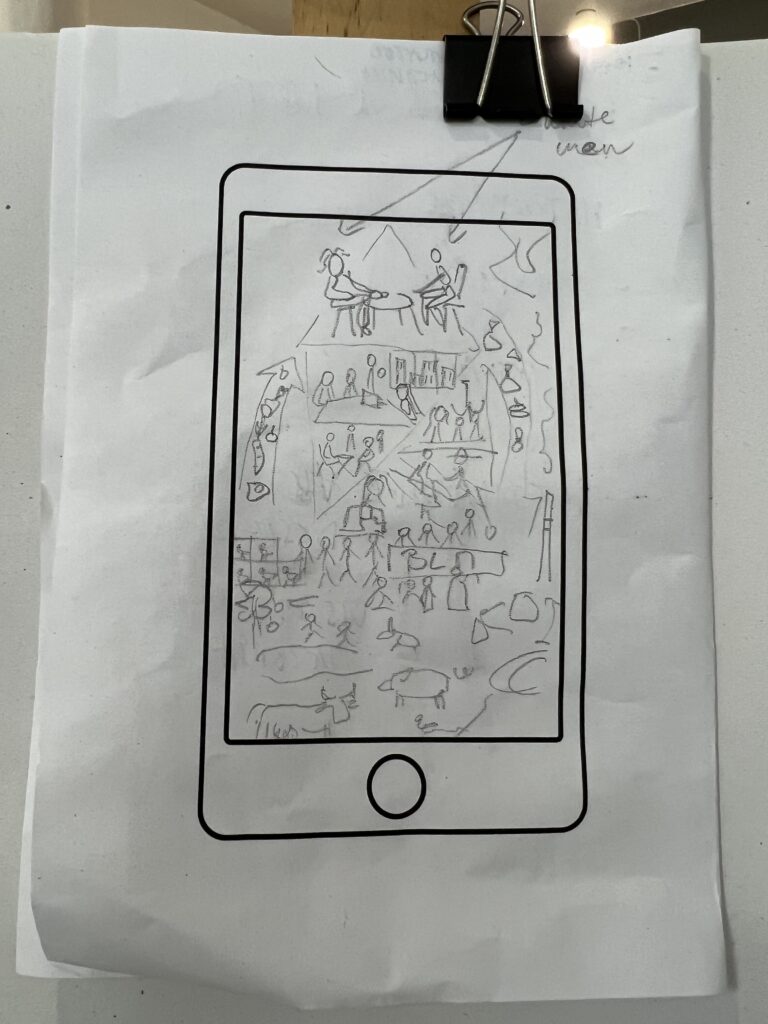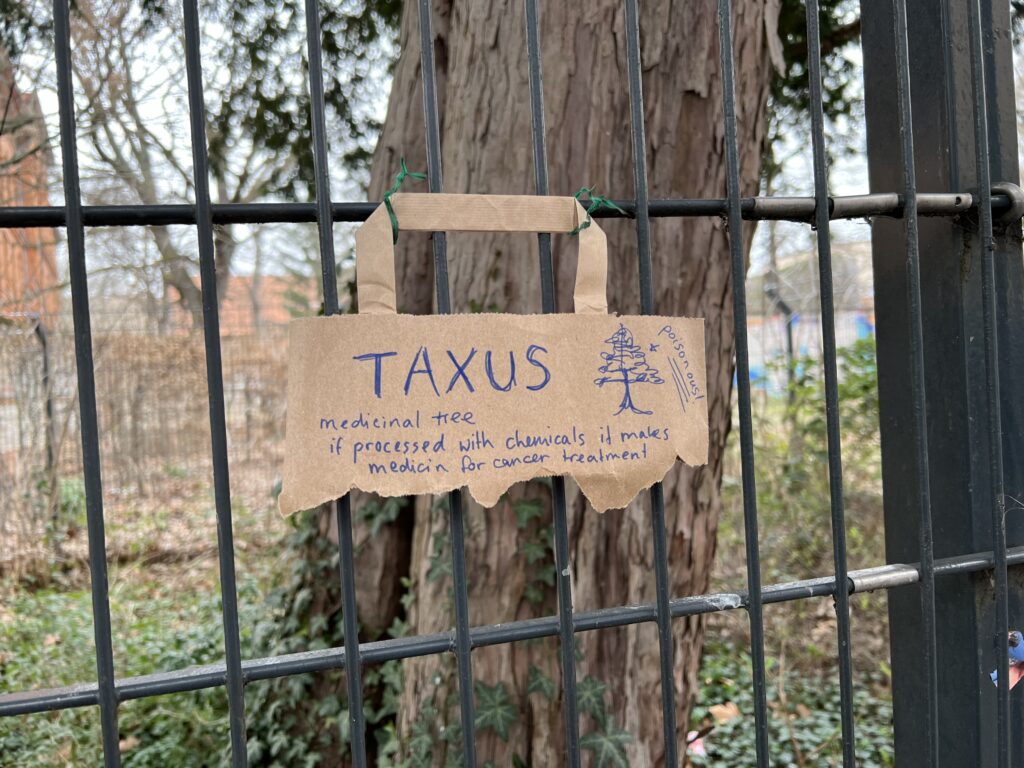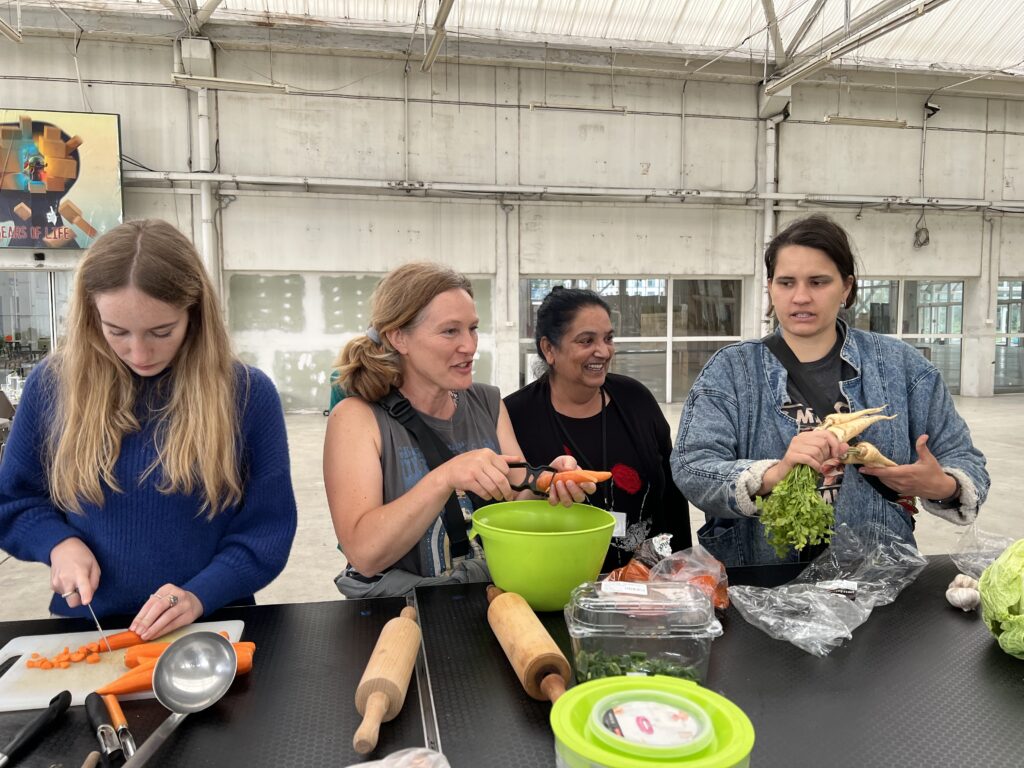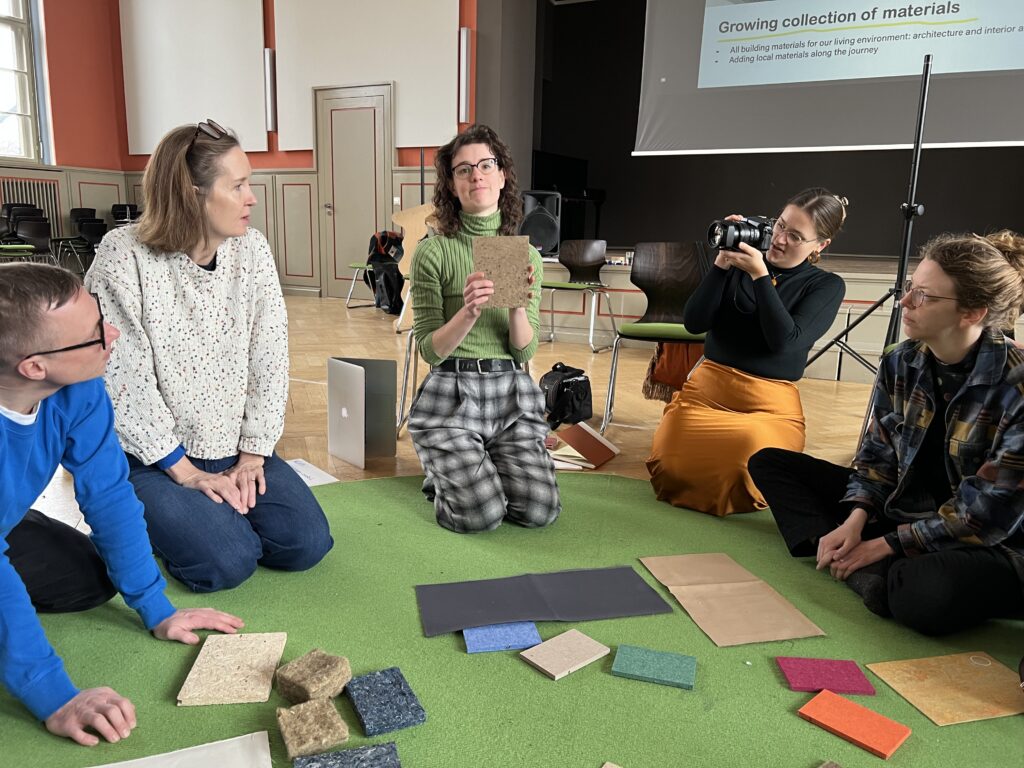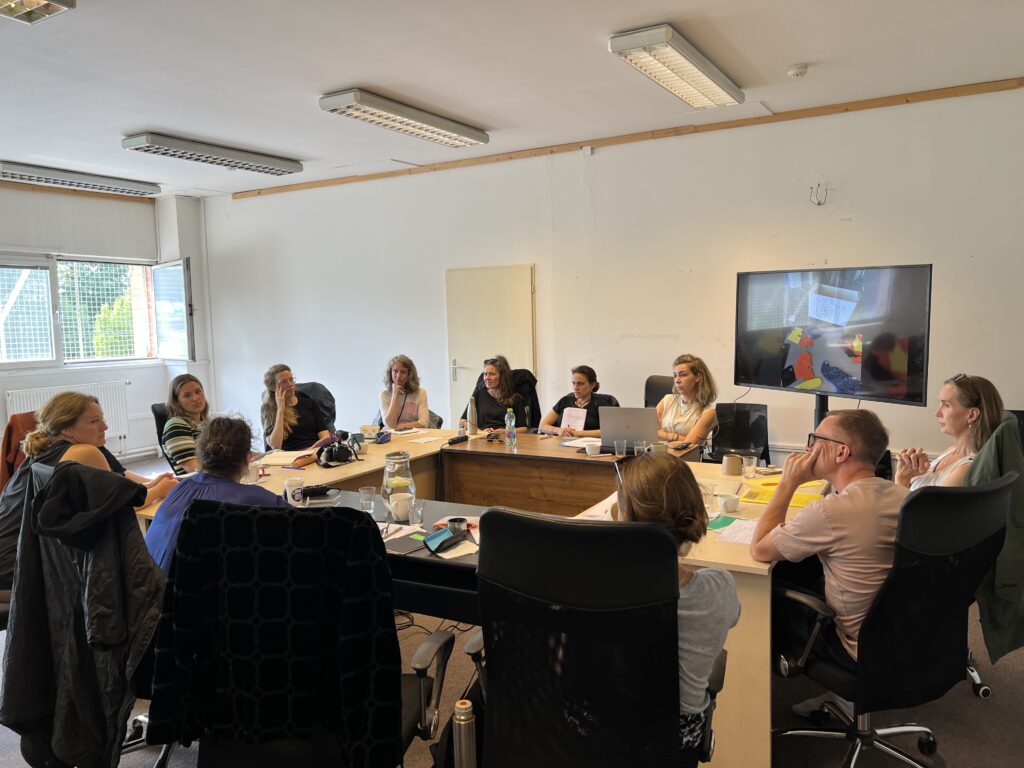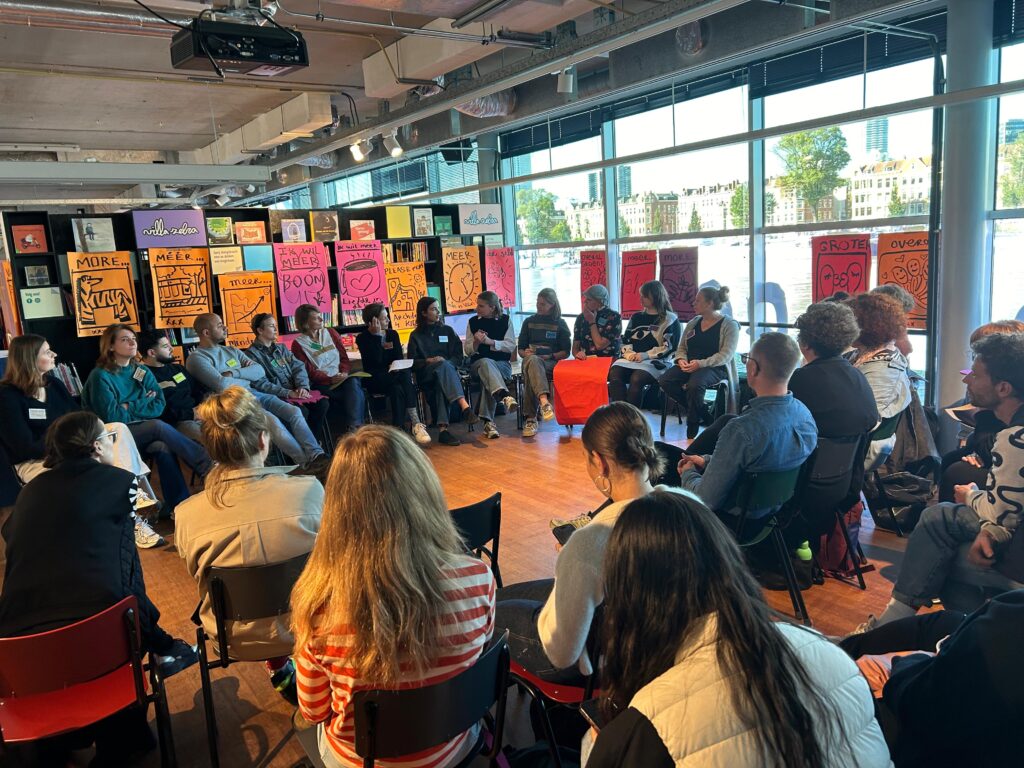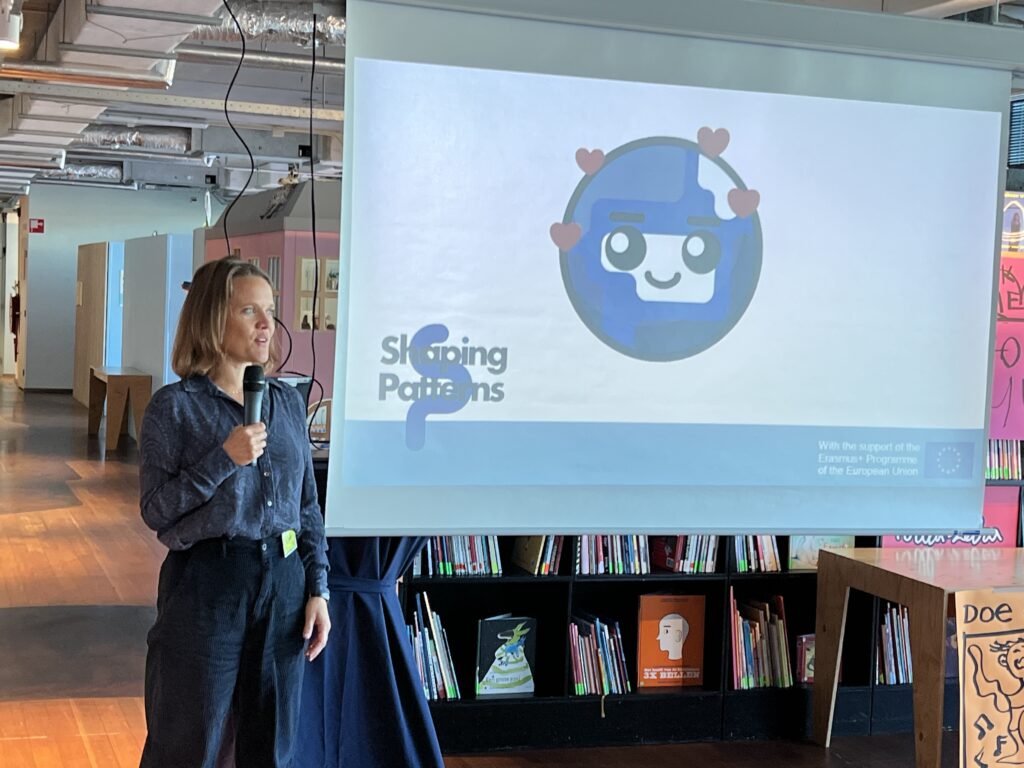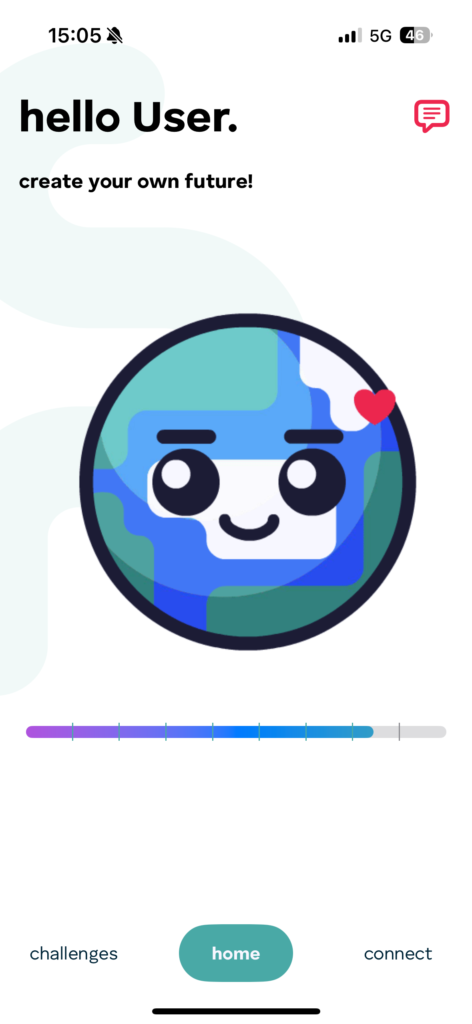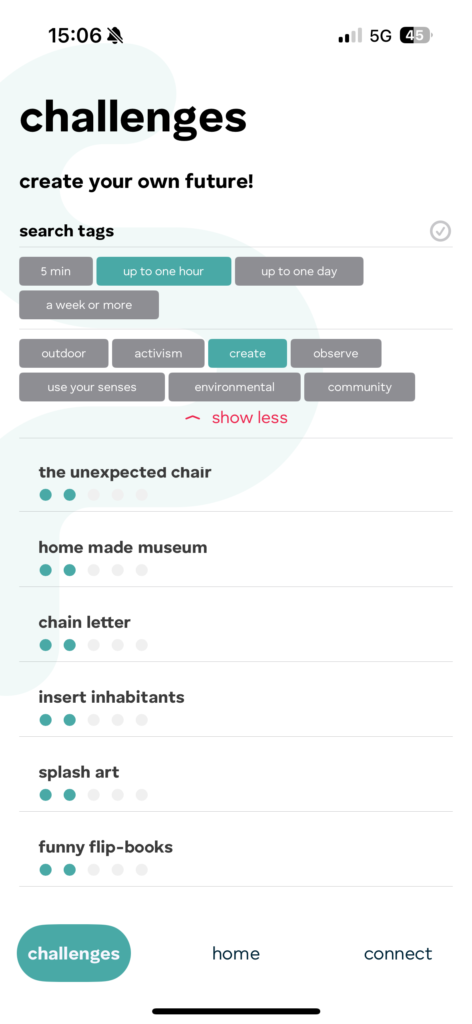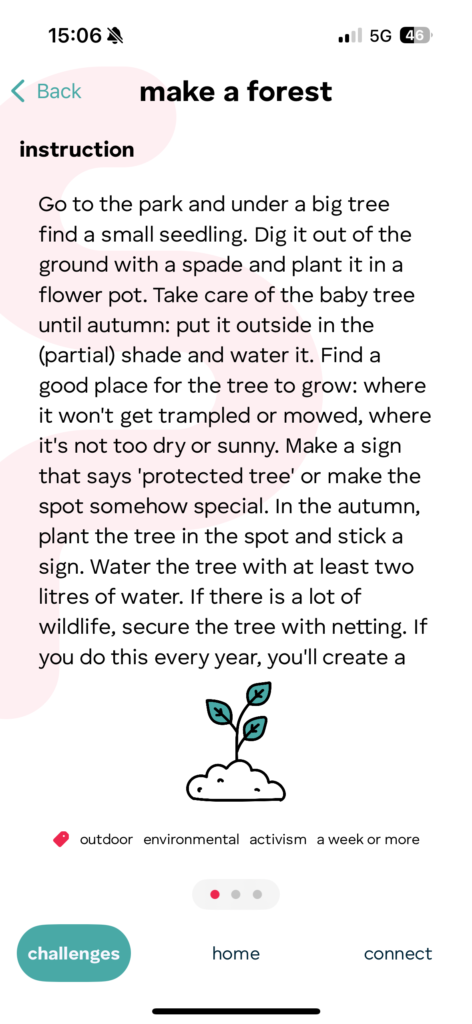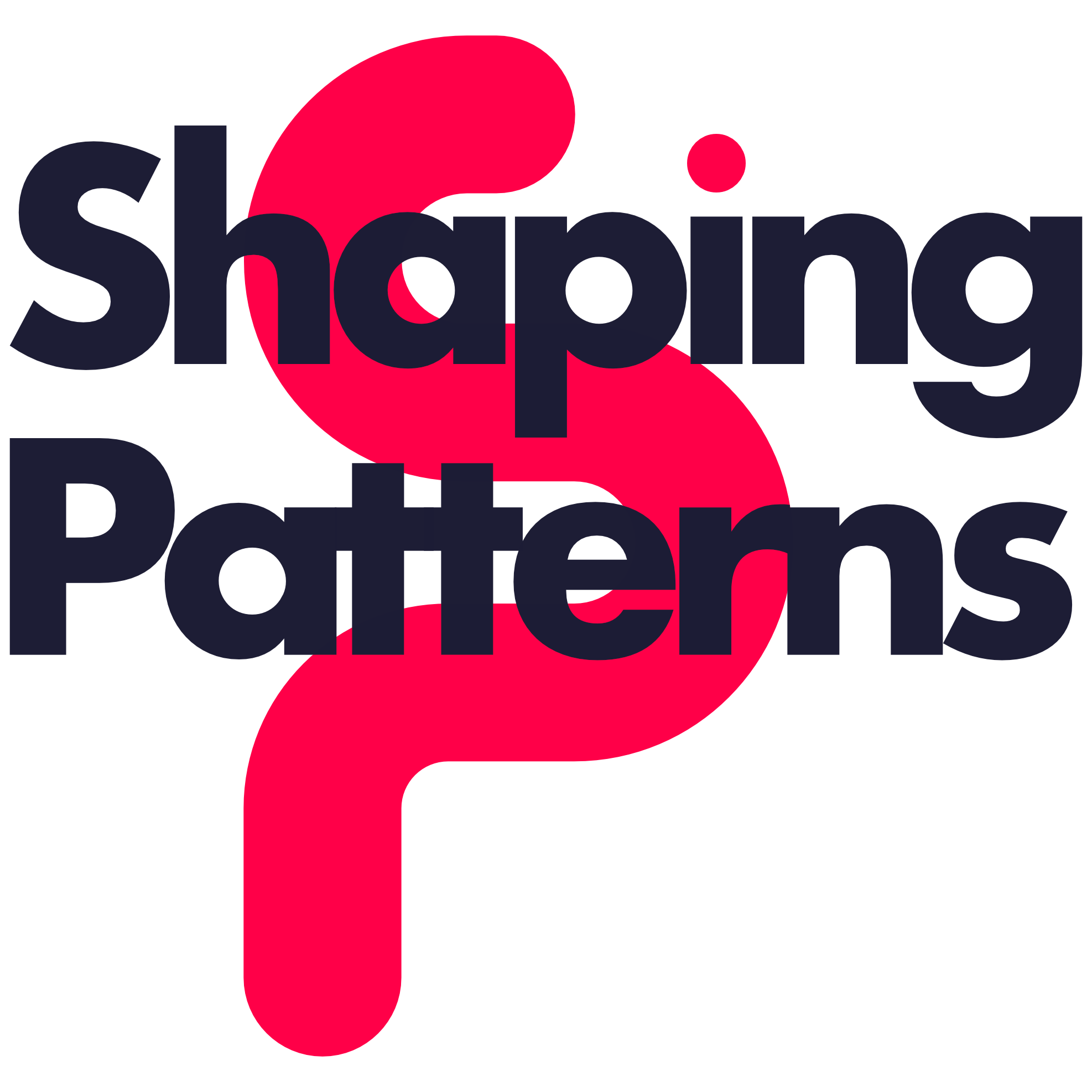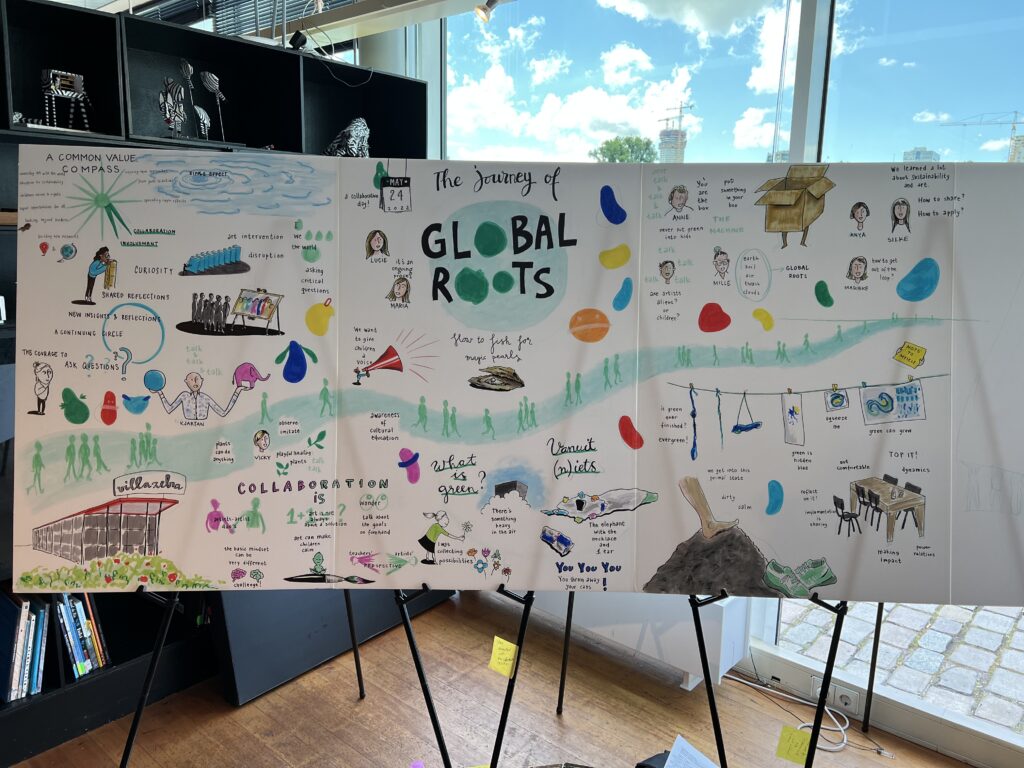GOAL 17 – Climate goes Fluxus is an artistic project developed in five public schools in five Berlin districts. It engages students with the work and thinking of Fluxus artists Yoko Ono, Joseph Beuys, Alison Knowles and Robert Filliou and connects them with one of the 17 UN- Sustainability Goals.
Drawing on the practices of the Fluxus artists, the project approaches art as a form of attention: to lived experience, to everyday actions, and to the environments shaped by both people and nature.Ausgehend von den Praktiken der Fluxus-Künstler*innen begreift das Projekt Kunst als Form von Aufmerksamkeit: Für gelebte Erfahrung, für alltägliche Handlungen und für die von Mensch und Natur geprägten Umgebungen.
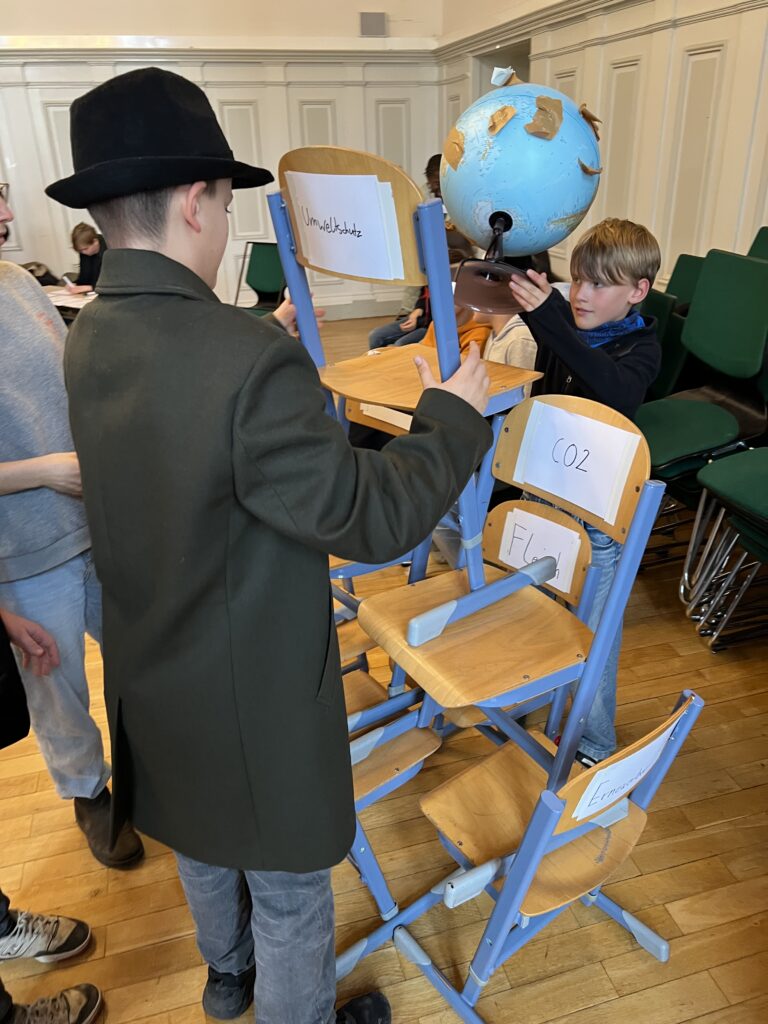
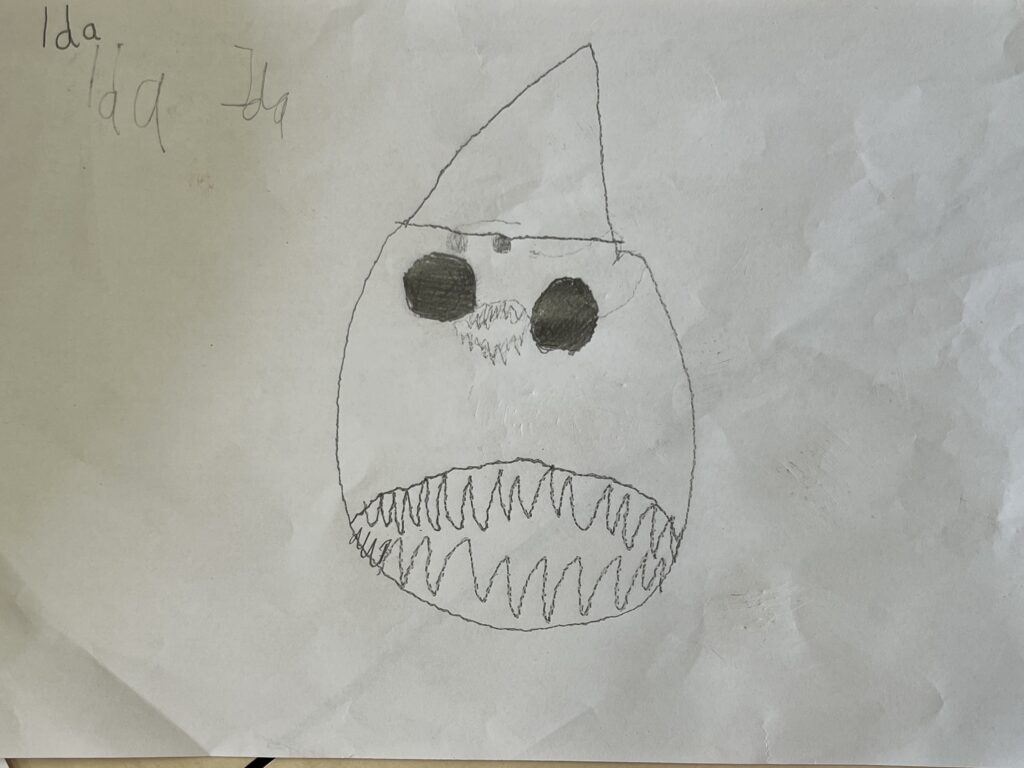
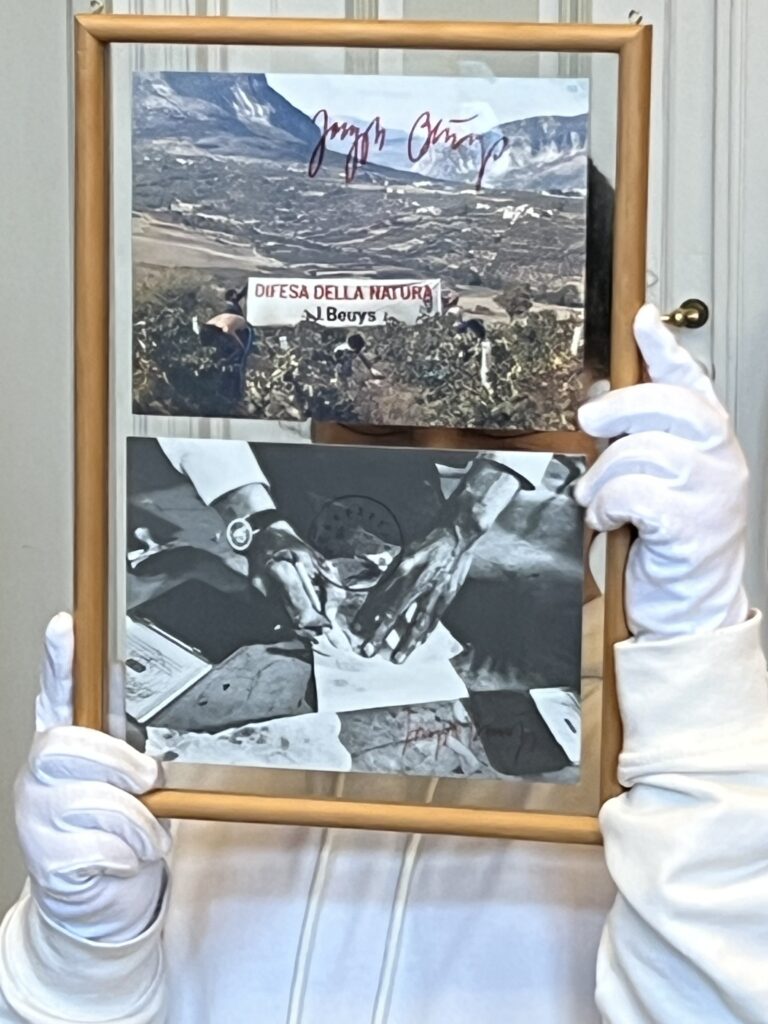
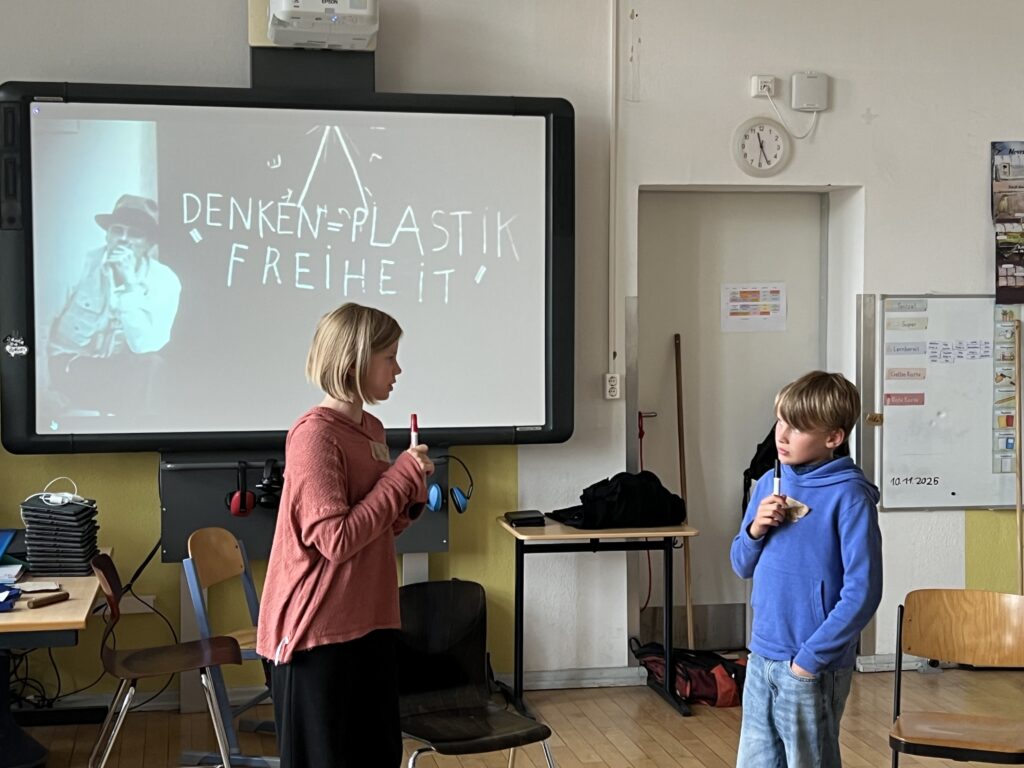
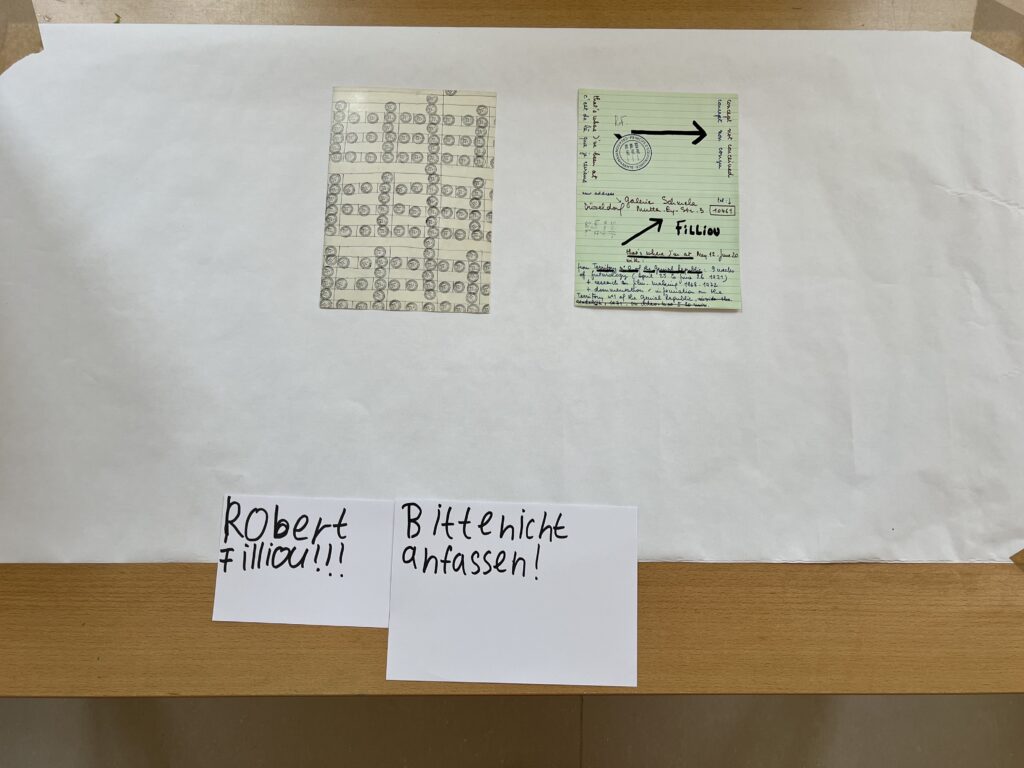
Photos by sideviews
Emerging in the early 1960s, Fluxus challenged the separation between art and life, rejecting fixed authorship and stable roles in favor of participation, experimentation, and the use of chance as a method of inquiry.
Within this framework, students are invited to work collectively through instructions, actions, and open situations, where observation, play, and dialogue become ways of thinking. The project recognizes children not as passive recipients of knowledge, but as active contributors whose perspectives can reconfigure how art, nature, and shared responsibility are understood.
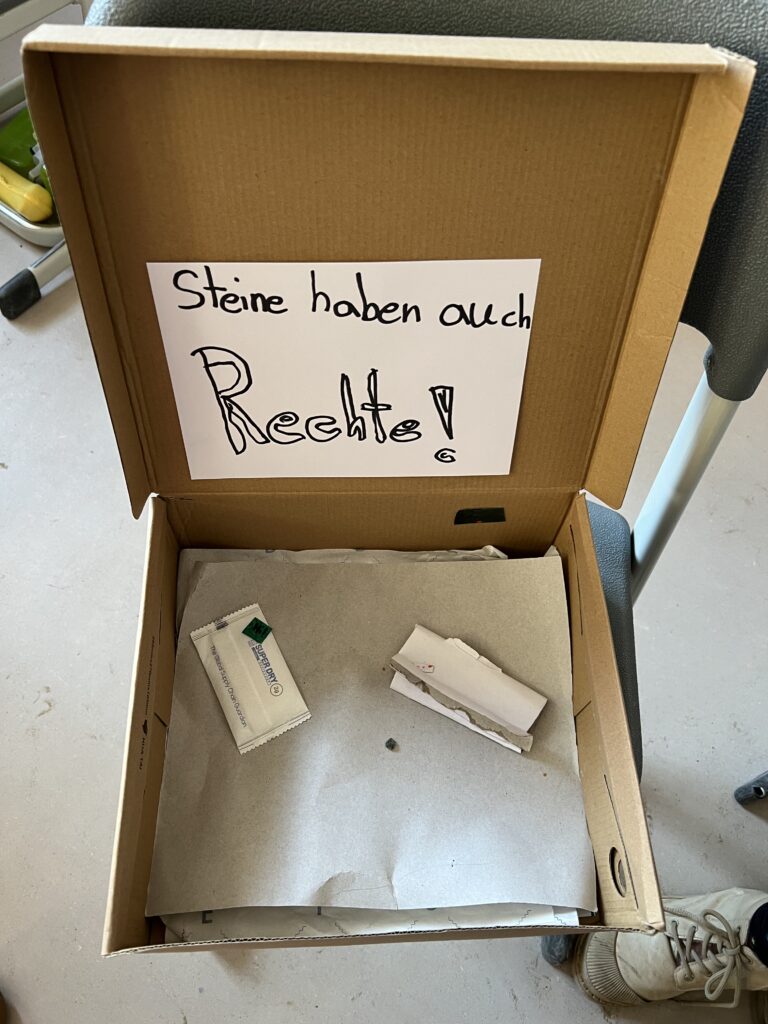
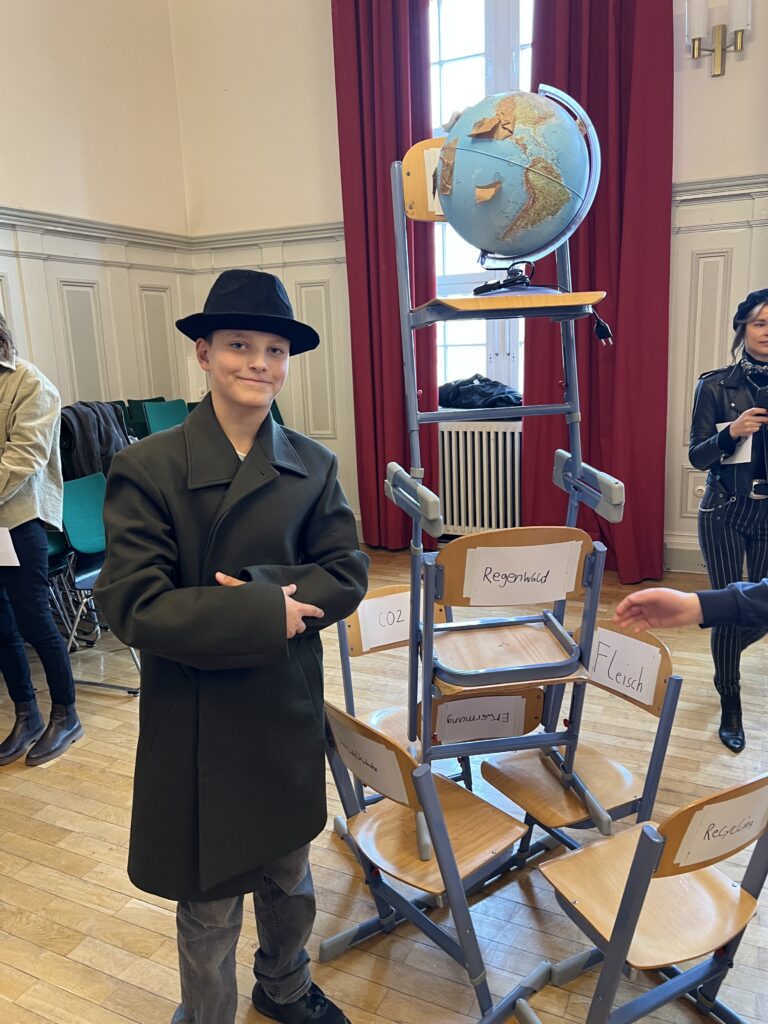
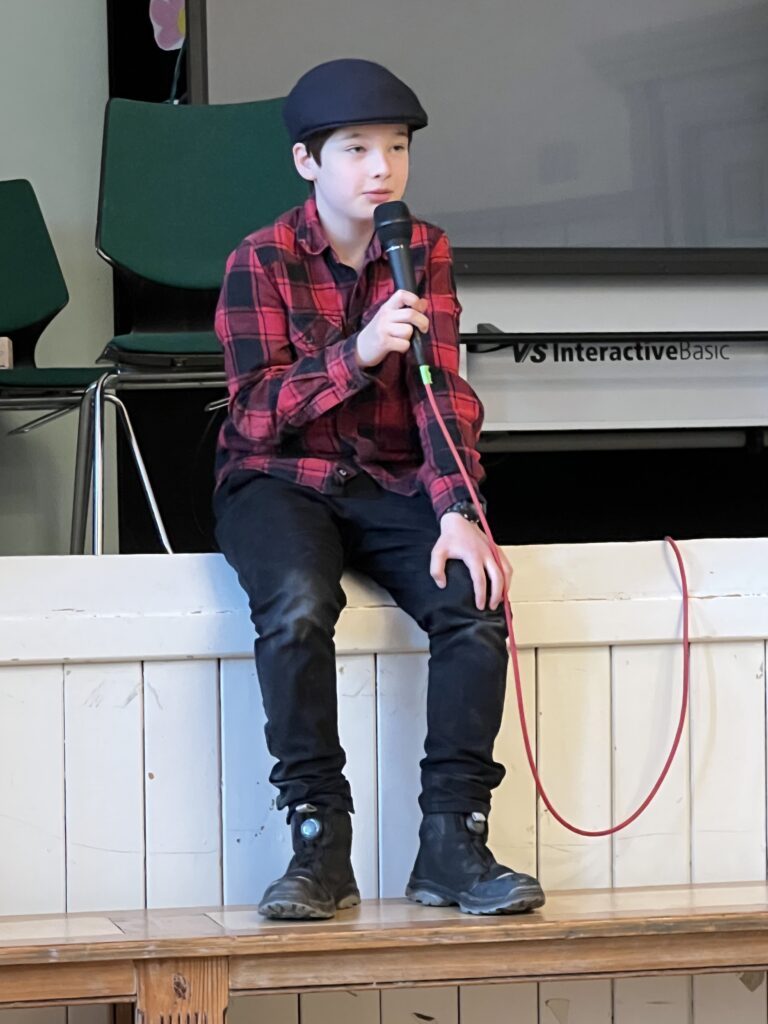
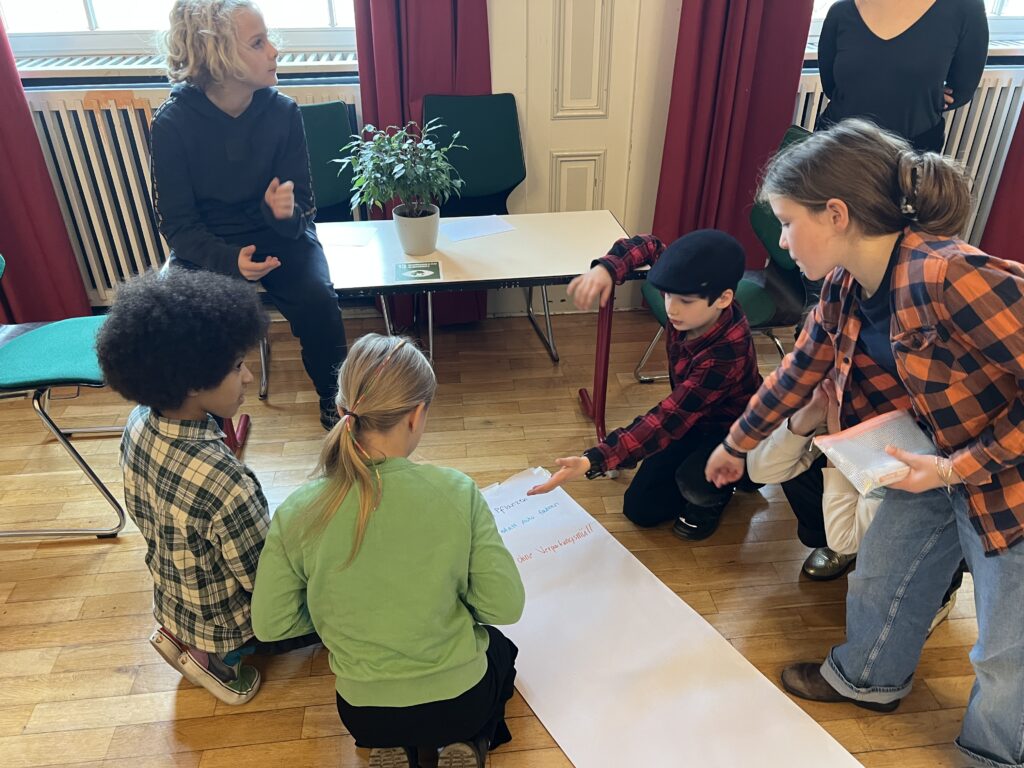
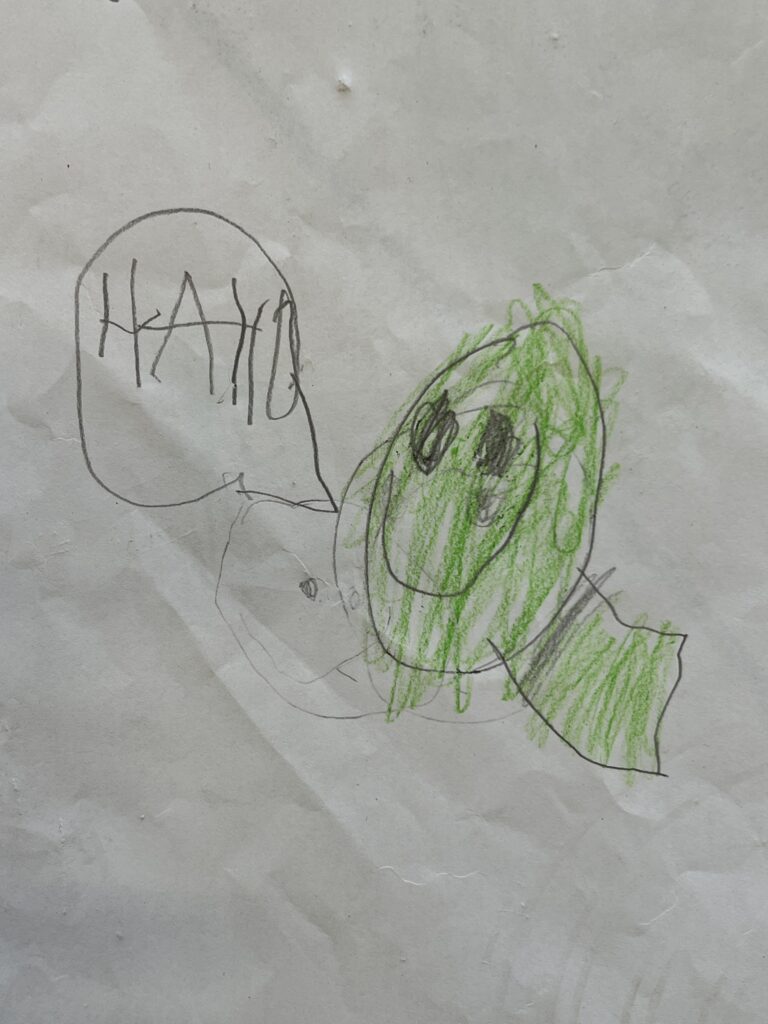
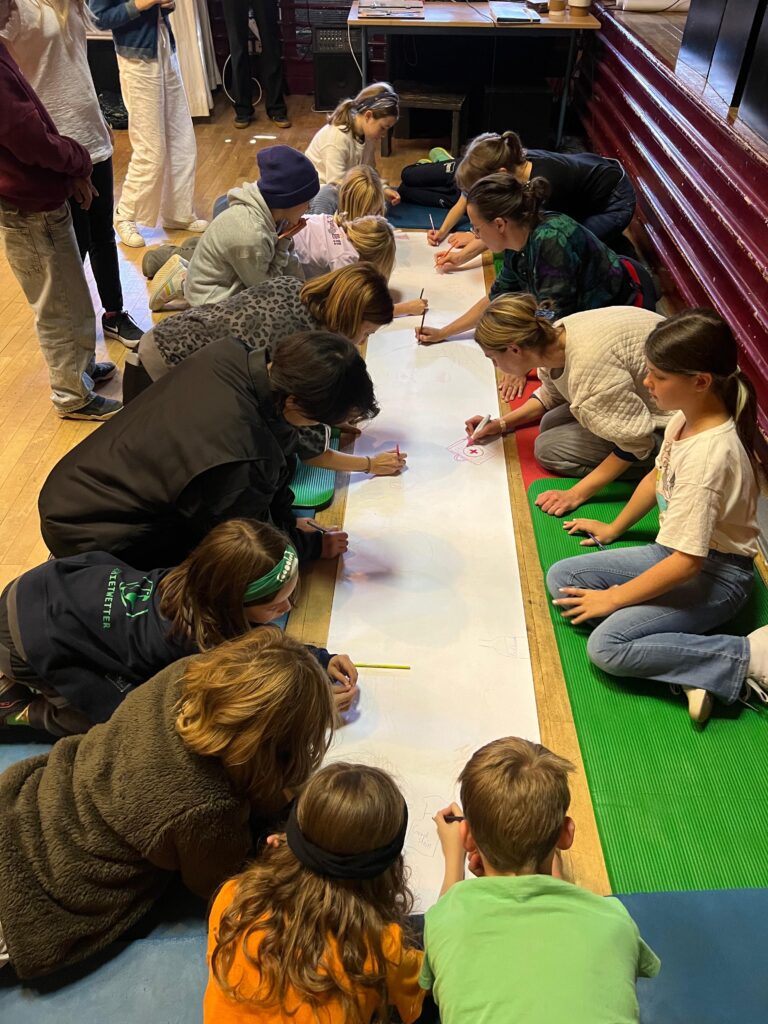
Participating schools:
Rosa-Parks-Primary School, Berlin-Friedrichshain-Kreuzberg
Fichtelgebirge-Primary School, Berlin-Friedrichshain-Kreuzberg
Friedenauer Gemeinschaftsschule, Berlin-Tempelhof-Schöneberg
Carl-Humann-Primary School, Berlin-Pankow
WIR-Primary School, Berlin-Treptow-Köpenick
Financed by:

